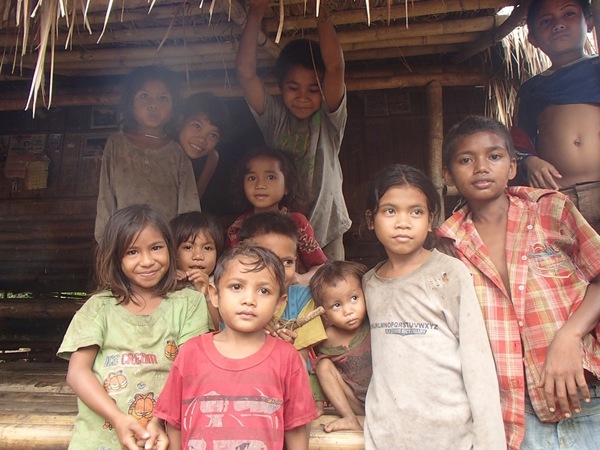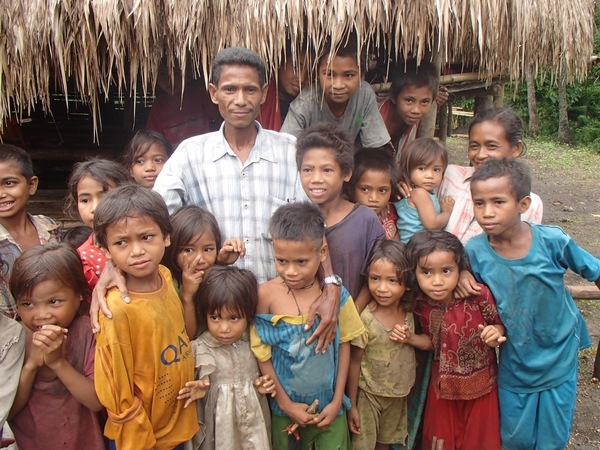Indonesia
Spatial Repellents for the Control of Vector-borne Disease
The SR program focuses on the prevention of human diseases caused by insects in resource-poor settings. The multinational team are working to determine if a spatial repellent product will protect people from vector-borne diseases like malaria and dengue. Project findings will be presented to the World Health Organization for consideration in recommending spatial repellents to be included in disease control programs.
Research Focus
-
Vector-borne Diseases
Vector-borne disease research is a historic strength of the EIGH. Our researchers study multiple parts of the vector-borne disease lifecycle, such as how the parasites, viruses, and bacteria cause these kinds of diseases, how the vectors spread these diseases, and how to improve prevention methods in tropical and subtropical areas, which have the highest burden of vector-borne illnesses.
Who’s Involved
EIGH Faculty
GLOBAL PARTNERS
- Eijkman Institute for Molecular Biology, Jakarta, Indonesia
- Fhi360, Durham, North Carolina, USA
- NAMRU-6, Birology, Peru
- University of California, Davis, California, USA
UNIVERSITY OF NOTRE DAME PARTNERSHIPS
- Center for Research Computing
Additional Information








